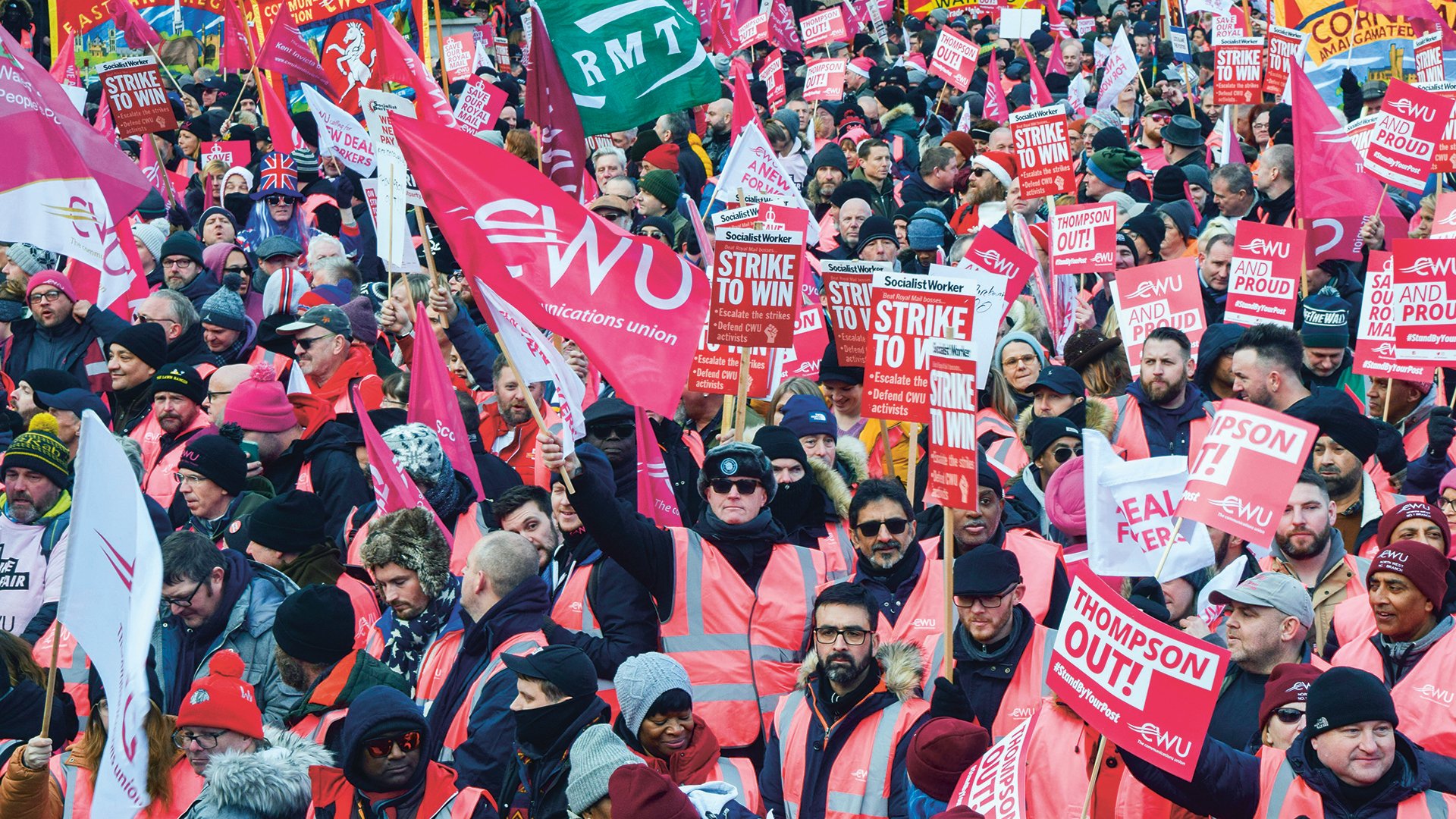The end of the year saw a bursting of the banks of industrial discontent in a way the country has not seen for decades.
Railway workers, locked in a dispute since the summer, were joined by civil servants, postal workers, university lecturers, bus drivers, nurses, driving instructors and others in a wave of industrial action leading up to Christmas and beyond.
The sources of discontent are obvious: prices, especially of essentials like food and energy, have skyrocketed in the last year, resulting in the worst squeeze on living standards for generations. Taking account of price increases, average wages have fallen back to the level they were at before the financial crisis of 2008.
Something has shifted in Britain since the pandemic. 2022 will have seen the highest number of strike days taken in Britain since 1989. In every single year from the end of the Second World War to 1989, at least 1.4 million strike days were taken. In every single year since 1989, never more than 1.4 million strike days were taken.
In 1979, over half of all employees were in a union. Union organisation was the primary line of defence for those at work, so that, even when inflation rose, it was still possible for workers to claw back pay. It meant that while inflation was consistently higher in the 1970s than today, pay rises on average were higher still – so “real pay”, in other words taking account of price rises, was still increasing.
And this tended to benefit workers across the whole economy. Different groups of workers had different capacities to organise and campaign – so that when the country was dependent on coal, for example, coal miners had a real power, which they exercised successfully in 1972 and 1974. But success bred success – the ability of one group of workers to win their demands would inspire others to do the same, including among lower-paid workers. The result overall was to help lower inequality.









